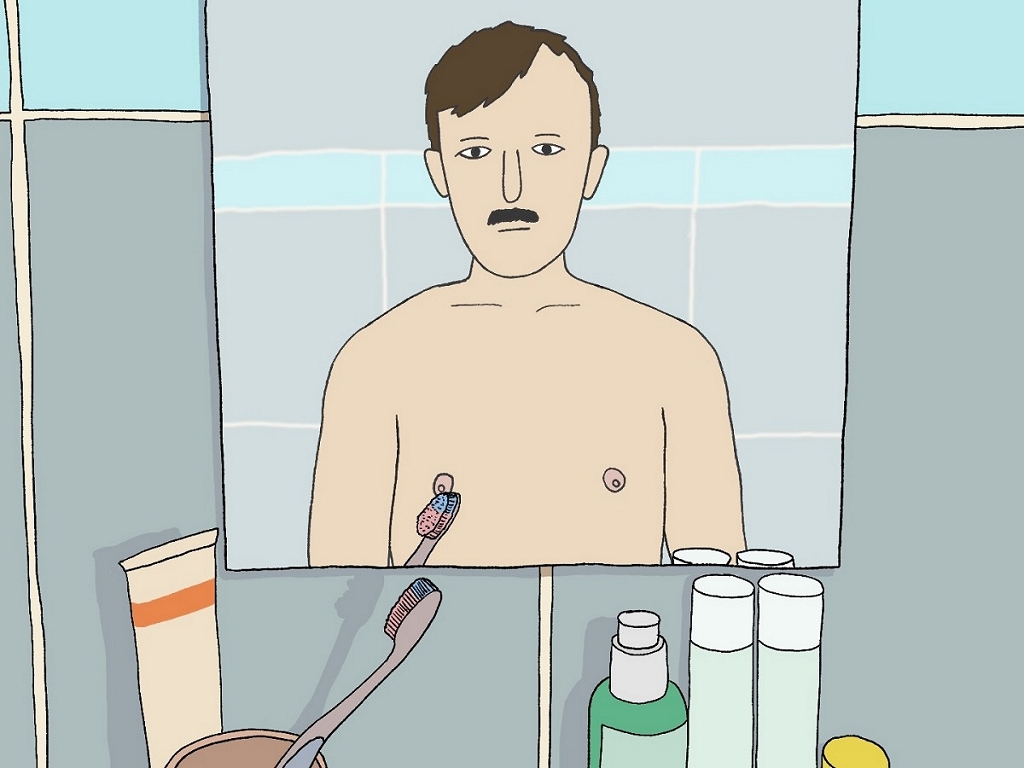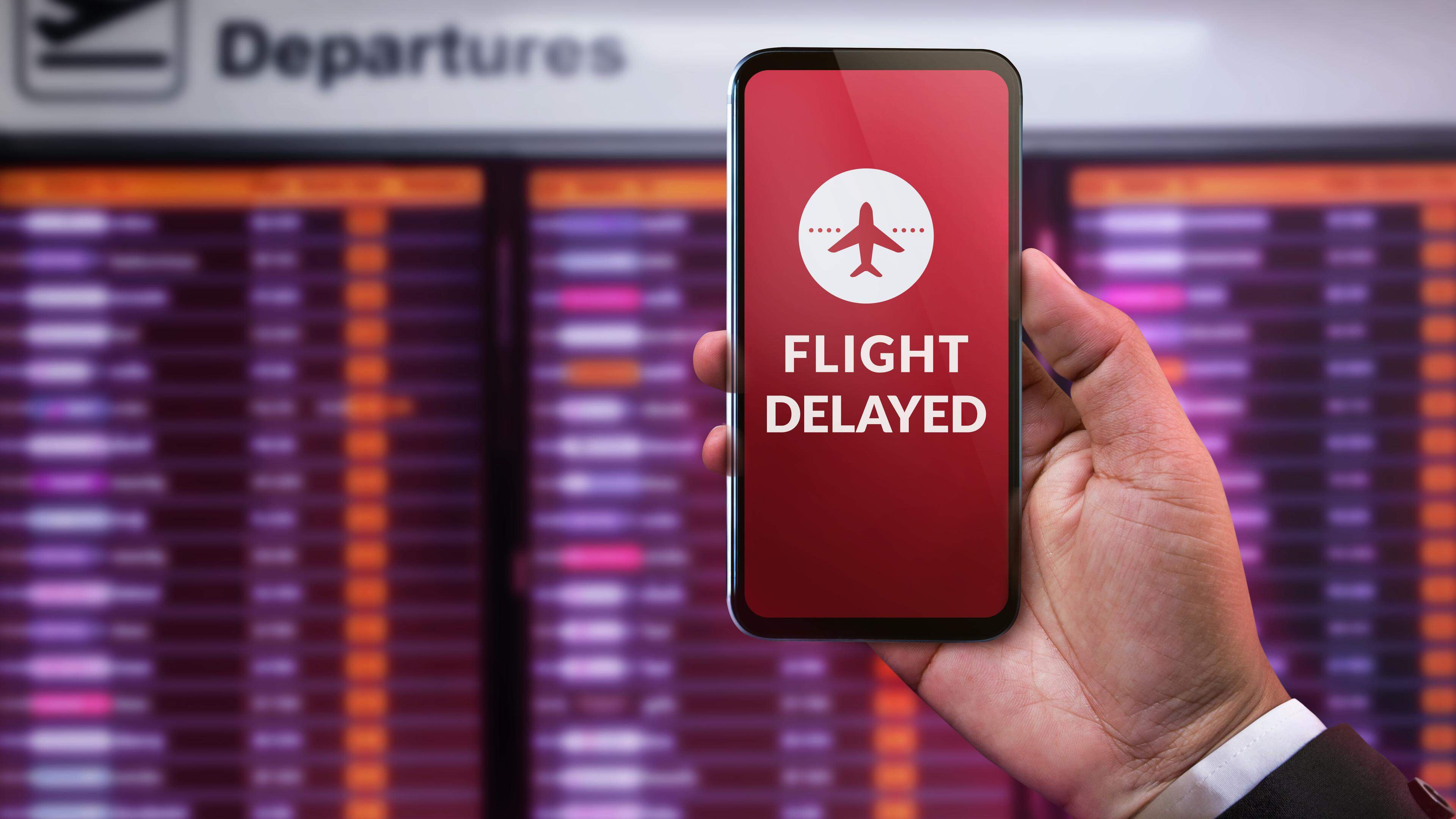What does NRC think | Protect the youth for too easy to buy on credit
:format(jpeg):fill(f8f8f8,true)/s3/static.nrc.nl/taxonomy/bf9b707-commentaar-itemafbeelding-2024.png)
It can always be crazier. Pay service Klarna, also known in the Netherlands for the Buy Now, Pay Later-button in web stores announced a new partnership this week. Customers in the US who order food service through delivery service can order their pizza, sushi or hamburgers Pay afterwards and even spread (in four installments). America is known as a country where the population (and the government) takes a credit for the least or slightest. Apparently the hamburger on installment was another gap in the market. Your delivery meal spread in the Netherlands is not (yet) possible in the Netherlands (only via a detour), but buying now and paying later is also on the rise here. And that is worrying.
Web stores such as Bol, IKEA, MediaMarkt and Zalando offer in addition to traditional payment methods such as iDeal, Credit cards or PayPal, also standard Buy Now Pay later as a payment option. Retailers who use the service pay a fee to companies such as Klarna or Riverty (formerly afterpay), customers pay nothing extra, unless they fail. Then the costs rise. And Klarna wants to take over part of the payments not only online, but also in the shopping street. Politics is against that, but Klarna stood firm.
Paying in spread or afterwards (on credit) can be useful in some cases, but it is also dangerous. For many people, it has increasingly become complicated to keep an eye on their own finances. Monthly subscriptions of anything and everything, pay by telephone, or other digital resources cloud the view of the disposable income. Already the number of people with debts is increasing sharply (according to the CBS there are now 726,210 Households with problematic debts And that number is increasing).
Money in Chartal form (notes, coins) is hardly visible in society. Fortunately, the time that families had to go to the bank once a week had to take the household money, but it had unmistakable benefits. In short, view of the end of the budget, at the end of the month, in short. Meanwhile see almost half of the young people A purchase with cash nowadays as free, because their bank balance remains the same.
In addition, the bank app on the telephone must compete with all kinds of other apps where one seduction after the other is presented. Providing resistance to the temptations of consumerism is difficult, especially for young people. In that respect, they should be better protected against taking loans too easily. But better control is more symptom control than a real solution.
How then? Simple: the financial literacy of consumers must be increased. This week it is the Week of the Money, an annual initiative of Platform Wijzer in Geldzaken. Schools can pay attention to responsible financial life with special teaching packages. Do not fall into the vague stories of finfluencers, adjust your spending pattern to your income. Basal issues, but unfortunately necessary to emphasize. A third of young people indicate that they feel insufficiently prepared to arrange their own money matters later. But parents also have a role to play here: teach children to put the tering to the Nering from an early age. Let them keep a cash book in which the pocket money and the expenses are. And help them to curb the unbridled consumerism that comes to them via the smartphones. Financially responsible life can be learned, and you will enjoy it for a lifetime.

:format(webp)/s3/static.nrc.nl/images/gn4/stripped/data133314127-765aec.jpg)
:format(jpeg):fill(f8f8f8,true)/s3/static.nrc.nl/wp-content/uploads/2019/10/youp5bij3.png)
/s3/static.nrc.nl/images/gn4/stripped/data133306951-418567.jpg|https://images.nrc.nl/Aqhex4vuXDkTG2ibAuxQ999h3pQ=/1920x/filters:no_upscale()/s3/static.nrc.nl/images/gn4/stripped/data133306951-418567.jpg|https://images.nrc.nl/IUxmNDWQ6SsEQ92WXa797HqINn0=/5760x/filters:no_upscale()/s3/static.nrc.nl/images/gn4/stripped/data133306951-418567.jpg)


